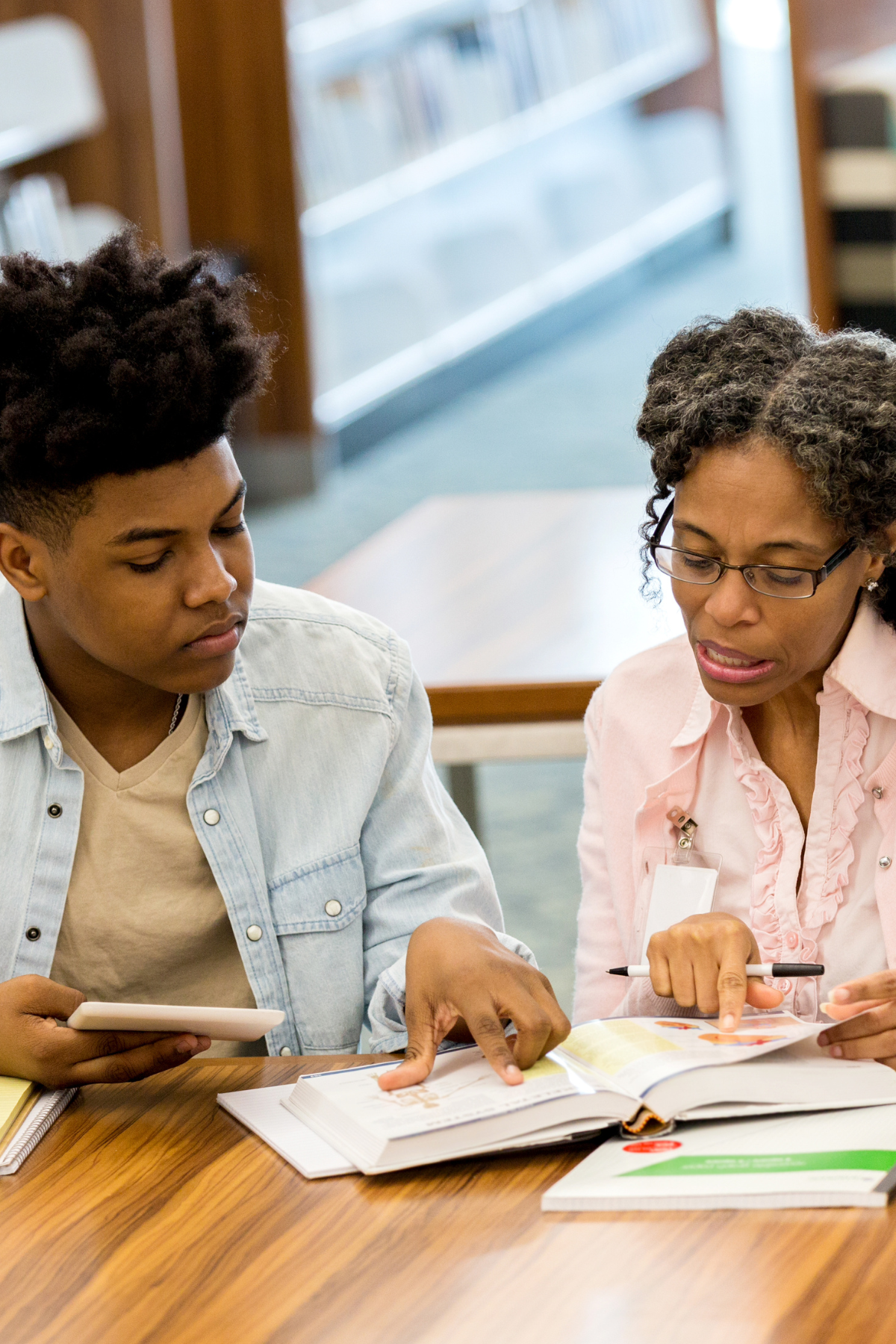School’s Out Washington (SOWA) is the backbone organization for The Youth Development Strategy Table
SOWA’s mission is to ensure equitable access to high-quality, youth development programs across Washington state—especially for low-income youth and youth of color. Through advocacy, professional learning, and grants we have created a foundation of support and expertise that enables and enriches the critical work of youth-serving organizations. We facilitate the Youth Development Strategy Table through:
Coordination: SOWA provides the central administrative resources needed to steward and convene members and committees.
Collaboration: The Youth Development Strategy Table is collaboratively owned and governed with dedicated support from SOWA staff.
Celebration: SOWA is committed to honoring and championing the work of youth development programs throughout Washington State. SOWA uses its marketing platform—including social media, email campaigns, and other means of sharing stories—to create and implement advocacy campaigns for the Youth Development Strategy Table.
YDST provides advocacy support for expanded learning, mentoring, and wrap-around supports. As a statewide coalition, we have successfully advocated for:
- Over $50m in COVID-related funding into the youth development field.
- Increasing the amount of funding districts can use for school-community partnerships (Learning Assistance Program).
- Ensured youth/student-related funding can be used in youth development organizations, particularly community-based non-profits (ex. Outdoor Learning Grants).
- YDST has advocated to ensure school-age child care providers have equitable access to child care dollars and are included in supportive child care policies.
- Secured $1m in funding for a behavioral health and youth development partnership pilot.
As leaders of the YDST, we work alongside public and nonprofit stakeholders to sustain gains in childcare, accelerate academic and social-emotional growth, and keep kids moving in a positive direction.
The YDST works collectively to:
- Advance the most critical goals and priorities in the youth development field
- Address the needs of youth experiencing the most significant disparities in educational, health, and social-emotional outcomes, including youth in foster care, adjudicated youth, and young people experiencing homelessness
- Center our commitment to ending racial inequity and improving outcomes for children of color
- Create funding and leadership opportunities for community-based organizations (CBOs)
- Facilitate cross-sector collaboration (public, private, CBO) and create efficiencies between sectors to incentivize collaboration
The coalition comprises nearly 300 individuals across Washington state, representing over 125 organizations. YDST is structured with a Leadership and Legislative Committee, as well as the broader network, which meets once per month.
- Leadership Committee: 4H | DJH Community Center | Ase Theatre | Asia Pacific Cultural Center | Boys & Girls Clubs of Washington State | Arts Corps | Communities In Schools Washington | CIS Central Washington | OK FYRE | Mentor WA
- Legislative Committee: Mentor WA | Communities In Schools Washington | Boys & Girls Clubs of Washington State | DJH Kids and Community Center | Foundation for Tacoma Students | League of Education Voters | Statewide Alliance of YMCAs | Committee for Children | Big Brothers Big Sisters | Choose 180 | United Way King County | Girls Scouts of Western Washington

